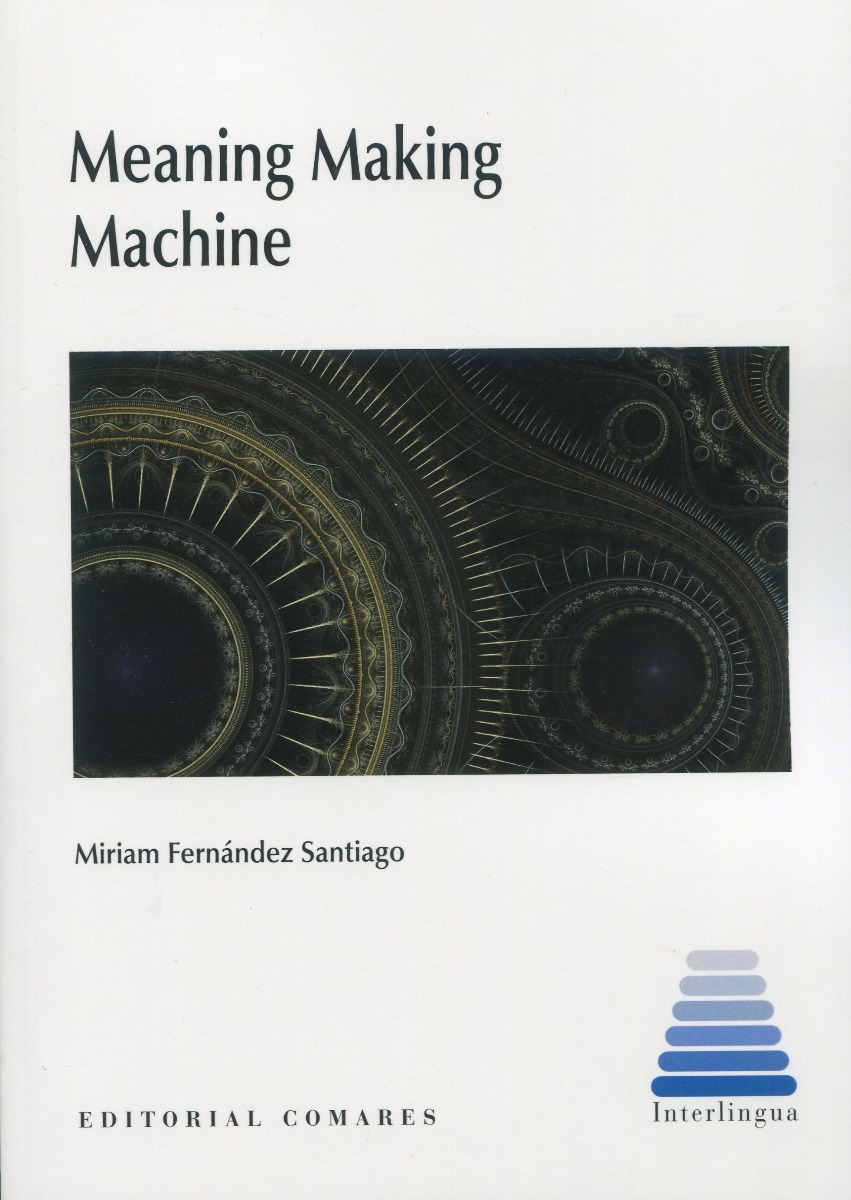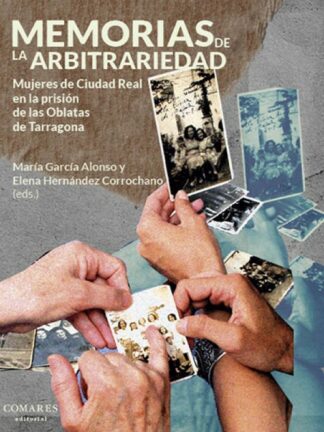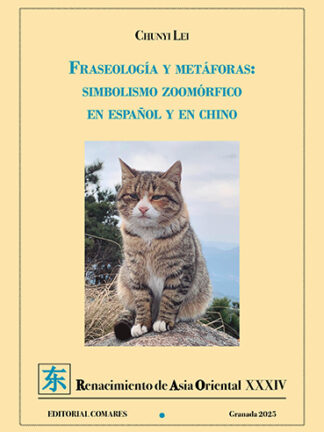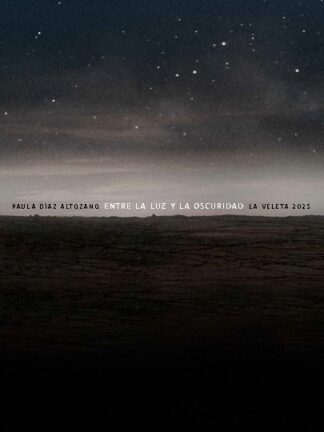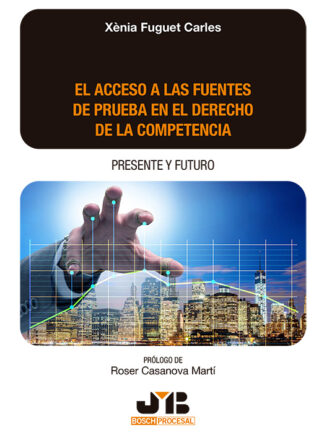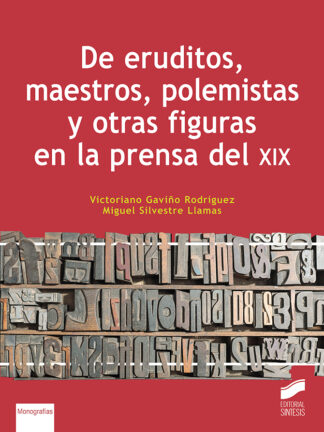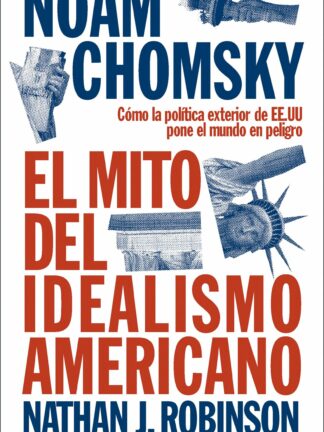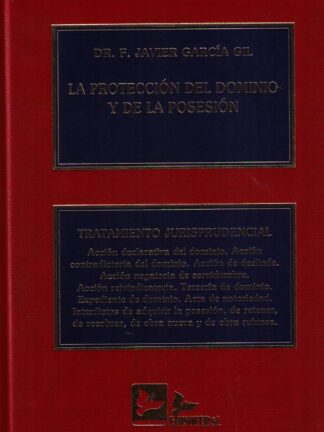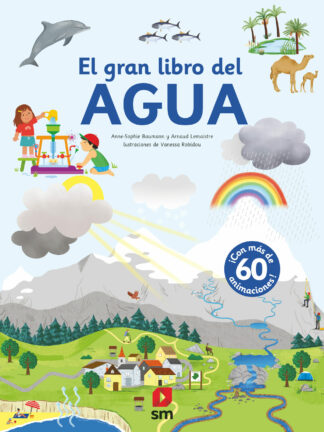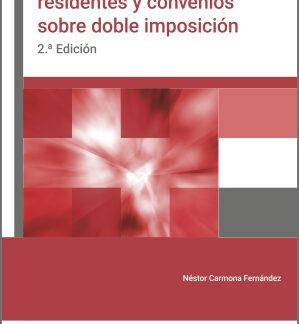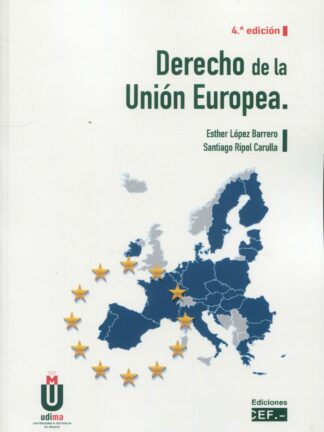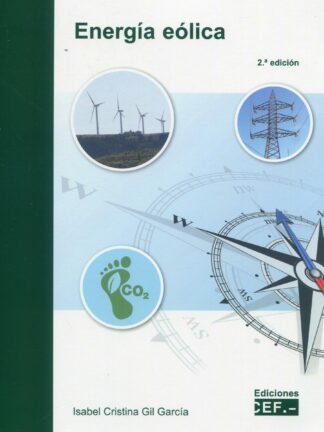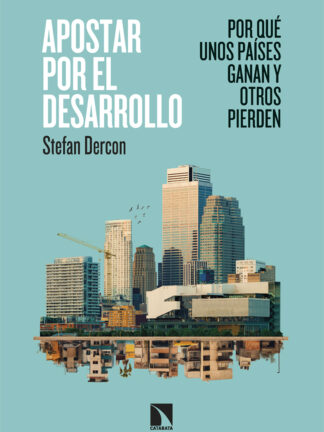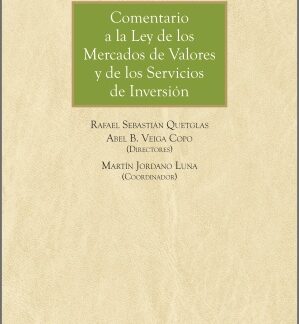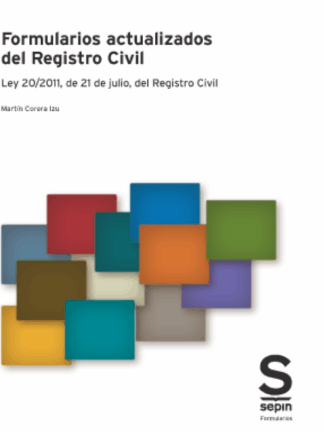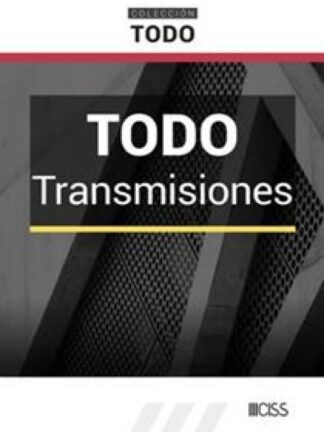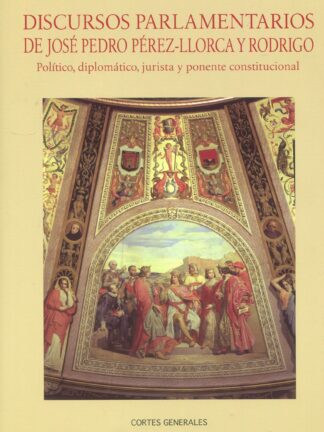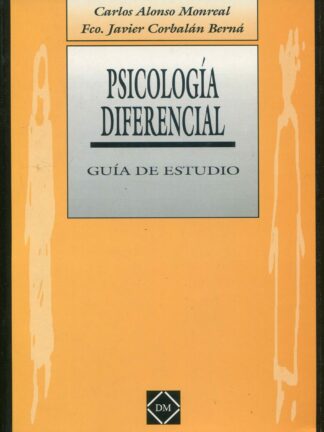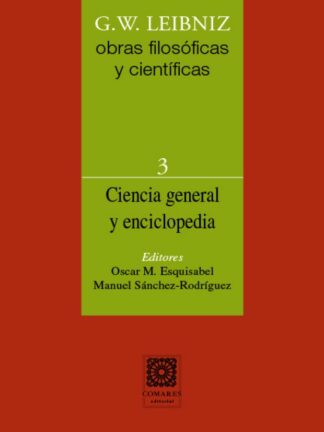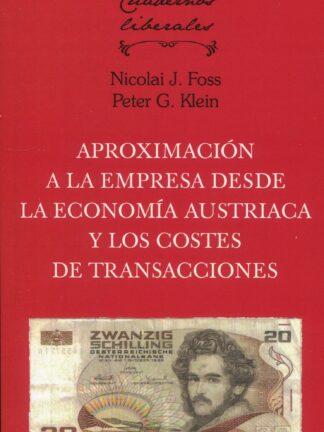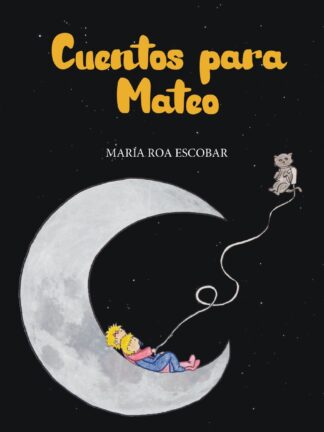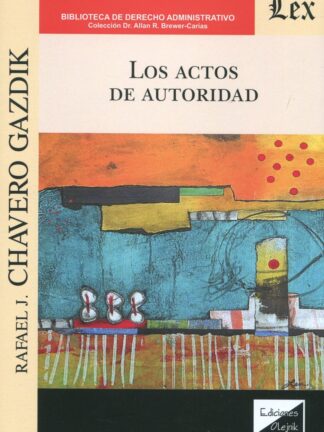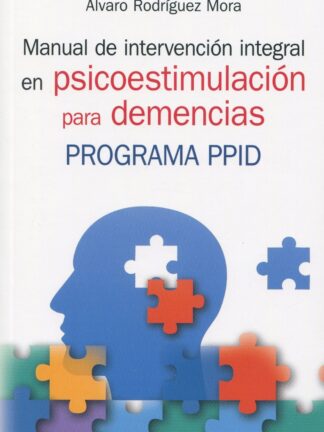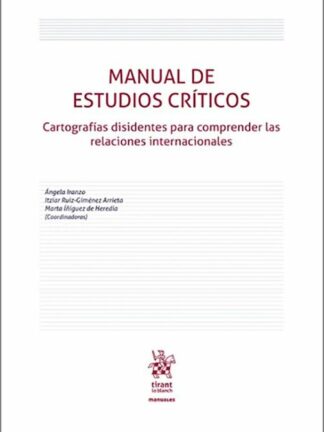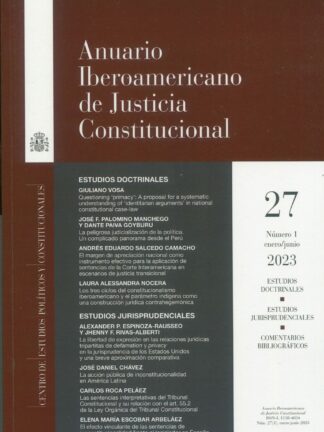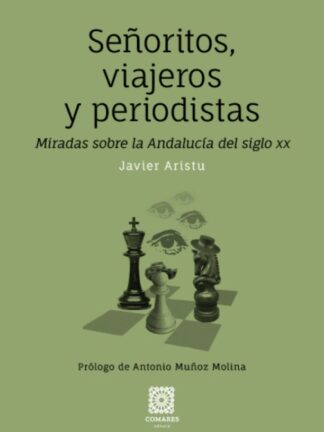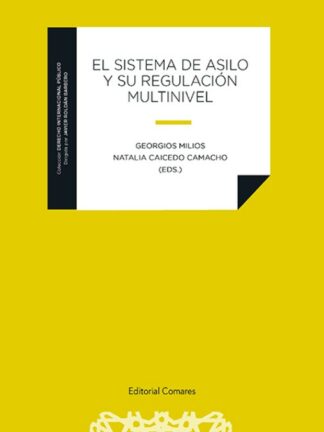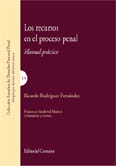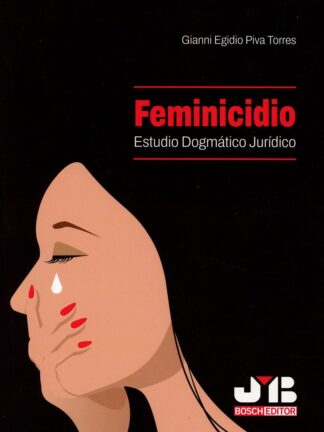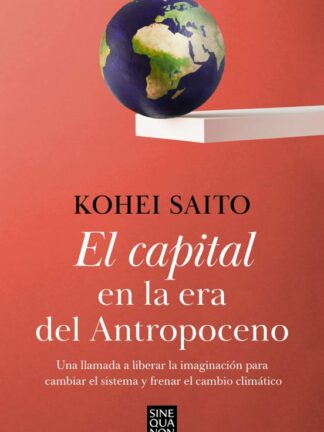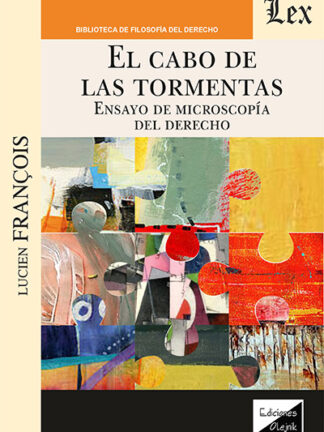Descripción
Is a study of meaninglessness at the core of meaning making. It contends that some textual strategies typical of humorous and postmodern discourses apparently aiming at meaninglessness are in fact inherent features of all discourse that allow for an exponential production of meaning. In times when information-saturated digital markets strive to thrive by cashing on human attention, the threats of post-truth, fragmentation, spectacularity and stunt emotion are nonetheless confronted with a return to populism and essentialist metanarratives.
This monograph explores the complementary relation operating between the rational and the irrational, the logical and the illogical, the certain and the uncertain, or the pointless and the purposeful in the process of making meaning. Since that complementarity cannot be escaped, the purposeful exploitation of the irrational, the magical, the illogical, the absurd, the fragmentary or the meaningless can be instrumentalized for the production of meaningful discourse.
In the face of irrelevance, meaningfulness emerges as a sense of purpose and a direction that can ameliorate the existentialist angst of the digital age. This however, demands the implementation of an ecology of meaning to complement the current economy of attention. The excessive polarization of this complementary relation may lead to radical essentialism as well as relativism. This is where we stand at the end of postmodernism; on the verge of measuring the meaningful balance to meaningless relevance.

